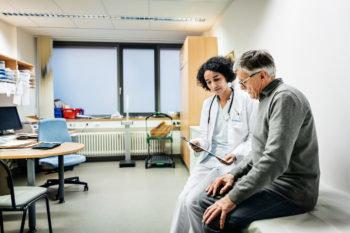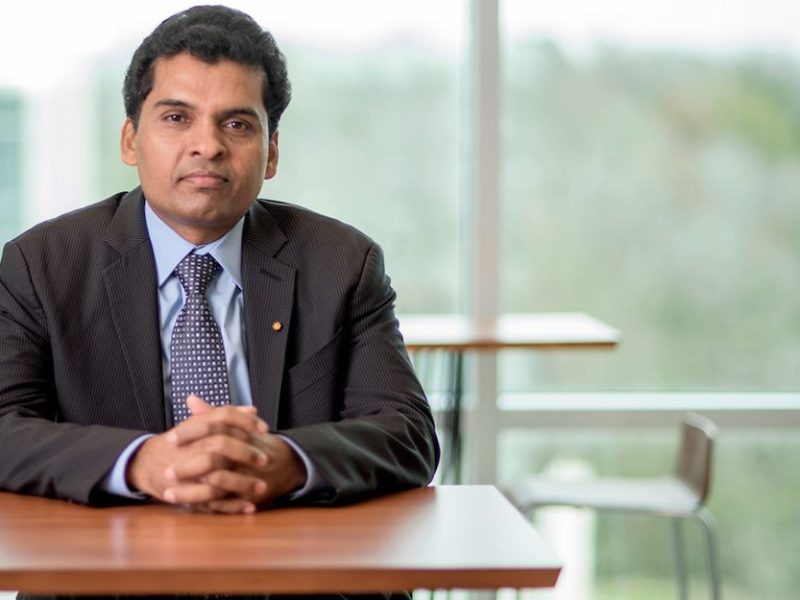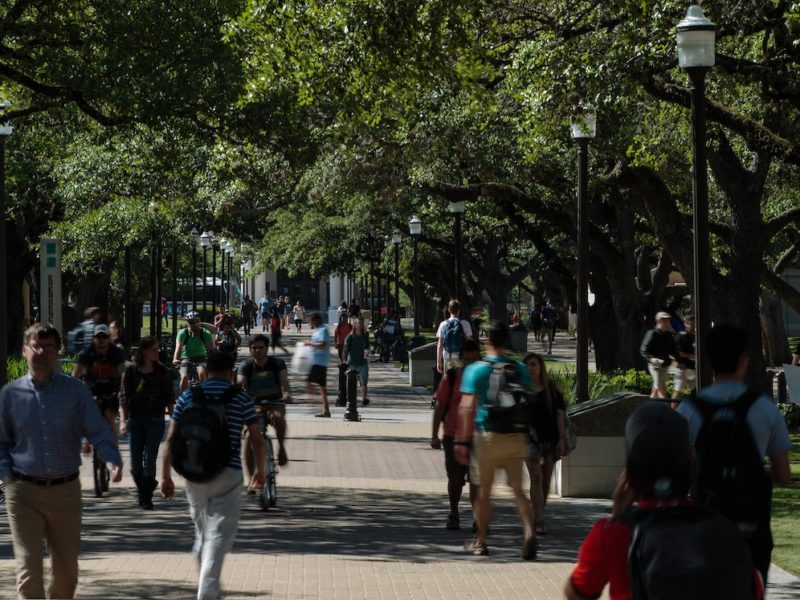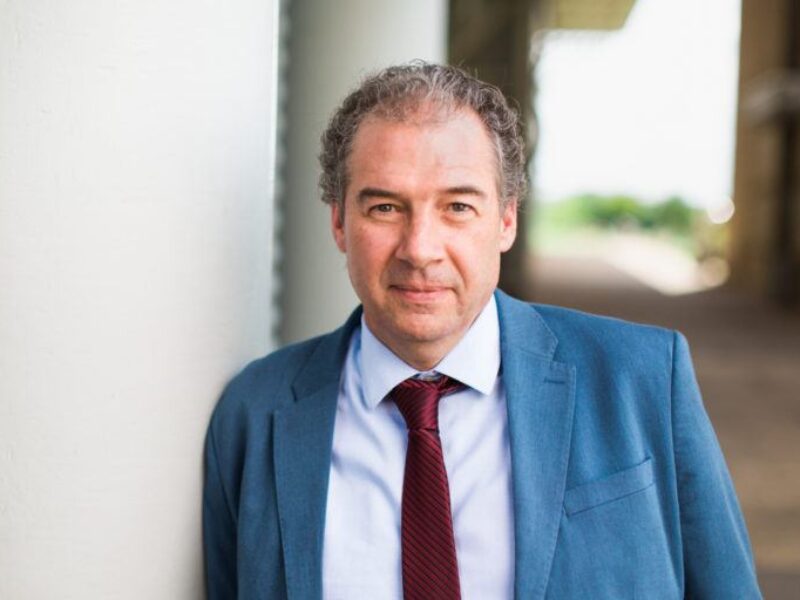Finding Hope And Healing When A Cure Is Not Possible
Hope is an elusive but essential element of the healing process – and it is something in which clinicians can actively participate and guide patients and their families.
In a recent paper “Finding Hope and Healing When Cure is Not Possible,” published in Mayo Clinic Proceedings , the authors, which include Texas A&M University Distinguished Professor and Regents Professor Leonard Berry, outline the importance of intrinsic hope – the hope centered on being in the present rather than on working toward future goals.
Clinicians can play a pivotal role in giving family members time “out of the fight” to reflect and plan for an unknown future. As patients face the end of life, physicians still have a profoundly important healing role to play: facilitating the evolution of hope.
The authors come from all sides of the issue: a clinician with 40 years in practice, including 25 years in hospice and palliative care settings; a health services researcher who has interviewed and grieved with parents whose children have incurable cancer; a critical care physician who has endured and recovered form critical illness; and a health services researcher who has published extensively on cancer care deliver. They are:
- Brad Stuart, M.D., Chief Medical Officer of Coalition to Transform Advanced Care
- Tracey Danaher, Ph.D., Professor of Marketing at Monash University
- Rana Awdish, M.D., Director of the Pulmonary Hypertension Program at Henry Ford Hospital
- Leonard Berry, Ph.D., University Distinguished Professor and Regents Professor at Texas A&M’s Mays Business School
They explore the evolution of hope for patients and their families during the course of incurable illness, while also examining how clinicians can actively participate in, and even guide, the healing process. They also discuss healing in the context of incurable childhood brain tumors and include many comments from parents, but the principles and approaches they present apply to the care of incurable patients of any age or diagnosis.
Media contact: Kelli Reynolds, Mays Business School, 979-845-3167, kreynolds@mays.tamu.edu.






